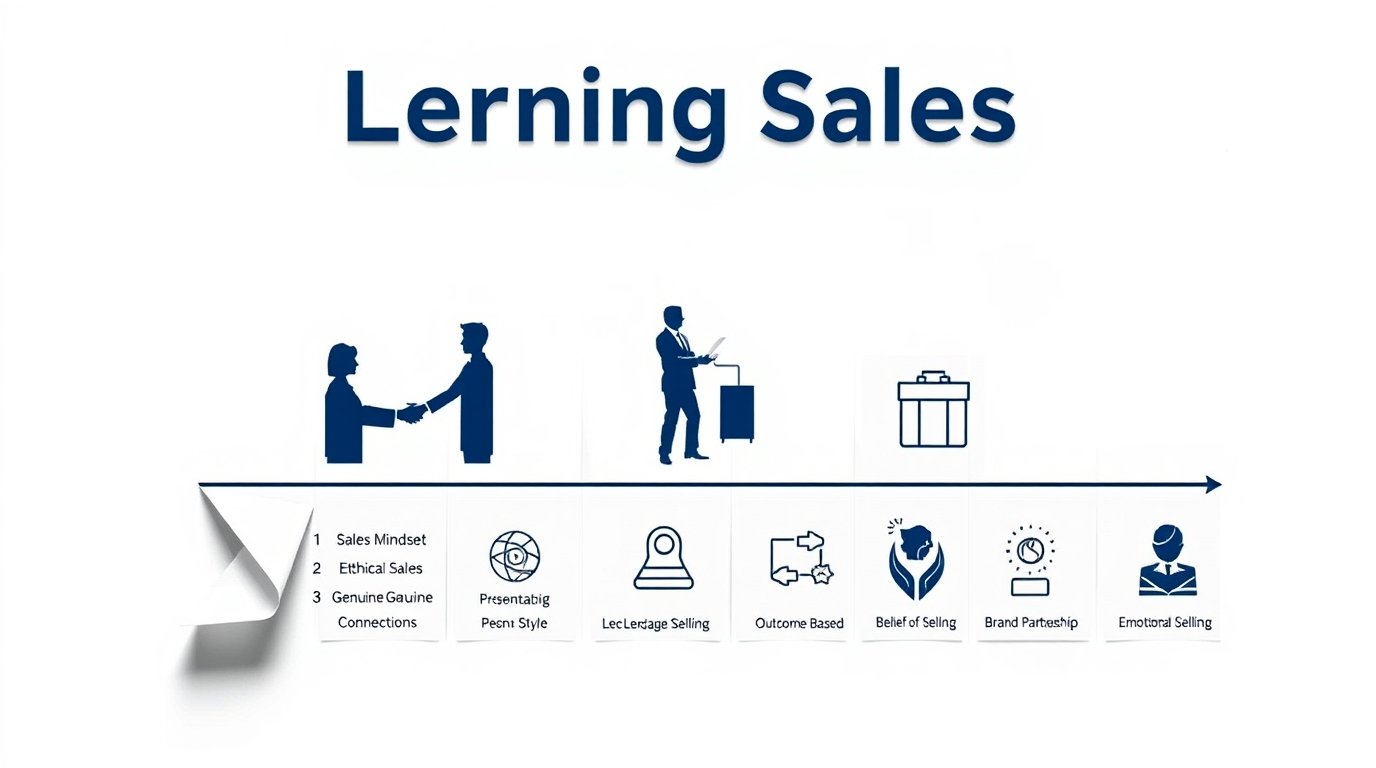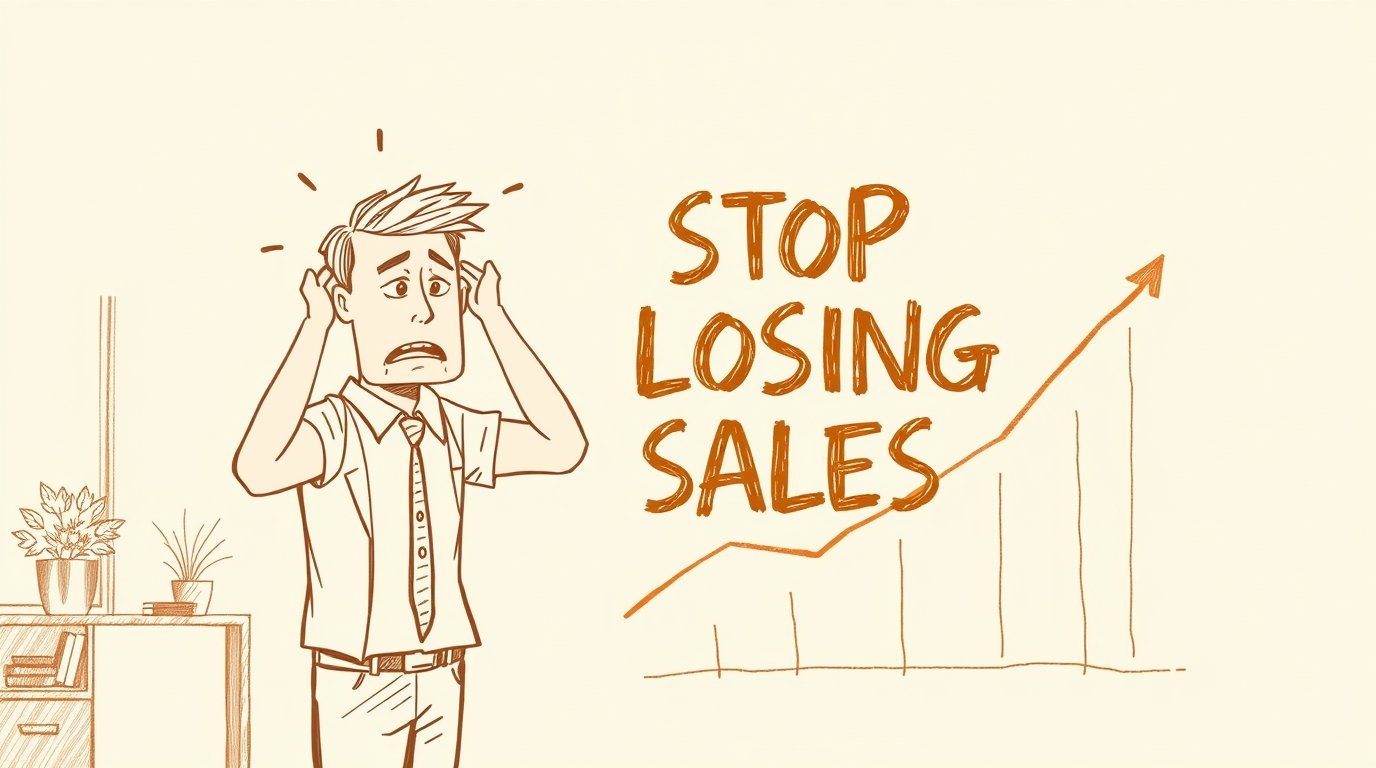I have been in sales for over 30 years and I’ve sold something to every Fortune 500 company at least once. Most of those sales have been in the tens of millions, and I have formulated a 10-step plan to make any sale happen. This process will help you learn to sell, and whether you like it or not, you are a salesperson. People will judge you and make decisions about you as a personal brand and your product without you even realizing it. So, if you can’t sit and listen for 5 minutes to all this knowledge I’m going to give you for free, I’m afraid you’re not going to make it.
Step 1: Understanding Sales Mindset Sales vs. Marketing: Some people like to call it marketing; it makes them feel better. But in the end, it’s all sales. Everything is about sales. You can call it marketing if it makes you feel cooler, but it doesn’t really make any difference. It’s about getting people on your side, connecting, converting, and realizing that no business can survive without sales.
Step 2: Embracing Ethical Sales The Importance of Honesty and Authenticity: I prefer ethical sales. An example of non-ethical sales is what I call the 99p rule. People try to trick others by pricing items like $2.99 instead of $3.00 to make them seem cheaper. However, in sales, honesty and authenticity are key. Trickery may get you quick sales, but it doesn’t build lasting relationships.
Step 3: Authenticity in Sales Building Genuine Connections: The best salespeople make authentic connections. I sold my first thing at 15 years old with no sales experience by being honest. Authenticity builds trust and repeat customers. An example is when I was honest with a customer in a clothing shop, which led to long-term trust.
Step 4: Over-Delivering in Sales Exceeding Expectations: Over-delivering means believing in what you sell and ensuring you don’t make false promises. It’s about being clear on what you can guarantee and what you hope might happen. This builds credibility and long-term business relationships.
Step 5: Finding Your Own Style Individual Approach to Sales: Everyone has their own style. Both introverts and extroverts can be successful in sales. It’s about training your team to think sales and leveraging each person’s strengths. My best salesperson was an accountant who loved and believed in our company, and it showed in her interactions.
Step 6: Leveraging Sales Utilizing Existing Relationships: Leverage sales is about using existing relationships and brand associations to build credibility. For example, when my company worked with CNN, it opened doors to other opportunities. Leverage your connections to build trust and recognition.
Step 7: Selling the Outcome Focusing on Results: Don’t sell a product; sell the outcome it brings. People care about the benefits, not the features. For instance, instead of selling the technical specs of a product, focus on how it improves the customer’s life or business.
Step 8: Believing in Your Product Genuine Confidence: It’s easier to sell something you genuinely believe in. Authentic belief in your product makes you a more effective and convincing salesperson. Sell something that you believe brings value and makes a difference in people’s lives.
Step 9: Brand Partnerships Aligning with Other Brands: Partnering with other brands can amplify your reach. For example, sponsoring events or aligning with like-minded brands can enhance your visibility and credibility. Brand partnerships create mutual benefits and expand your audience.
Step 10: Emotional Selling Connecting on a Personal Level: Emotional selling is about connecting with customers on a personal level. Sharing your story, showing vulnerability, and being authentic can create a deep emotional connection. People buy based on emotions and justify with logic.
Conclusion:
Sales is not about tricking people; it’s about being authentic, building genuine connections, and delivering value. Embrace ethical sales, believe in your product, and leverage relationships to build long-term success.
FAQs:
What is the importance of authenticity in sales?
Authenticity builds trust and long-term relationships. It’s key to repeat customers and ongoing success.
How can I over-deliver in sales?
Ensure that what you’re selling is something you believe in and don’t make false promises. Be clear about what you can guarantee.
Can introverts be successful in sales?
Yes, both introverts and extroverts can be successful. It’s about finding your own style and leveraging your strengths.
What is leverage sales?
Leverage sales is using existing relationships and brand associations to build credibility and open new opportunities.
What is emotional selling?
Emotional selling is about connecting with customers on a personal level, sharing your story, and showing authenticity and vulnerability.

